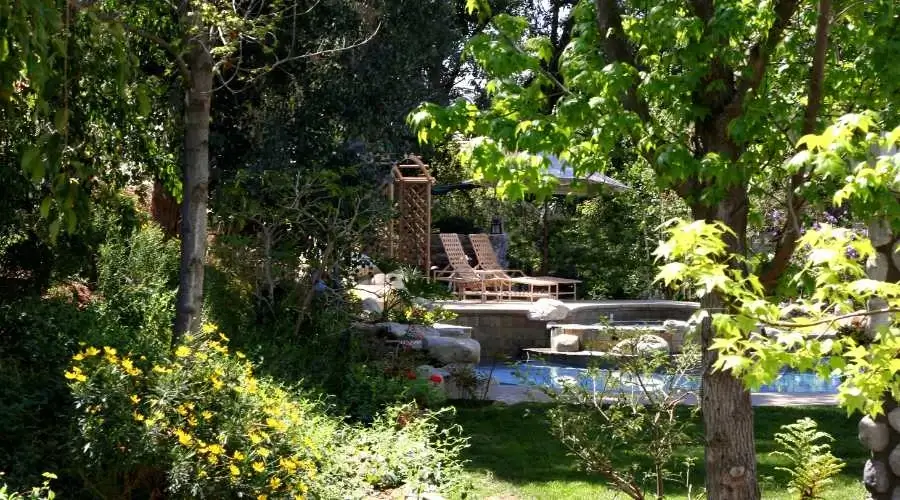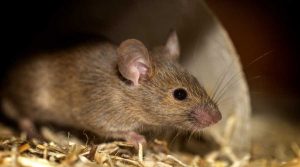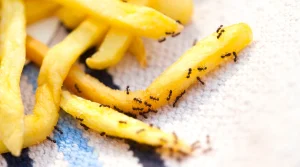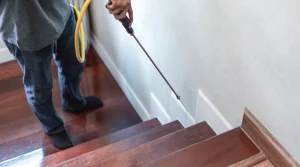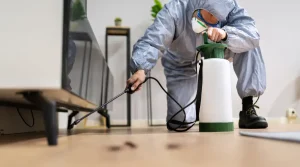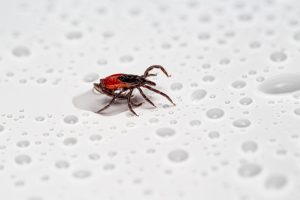As summer approaches, your backyard, patio, and porch become the perfect spaces to unwind with family and friends. However, you may notice a variety of insects buzzing around, seeking shelter, food, or water. While many of these creatures are harmless, others, like mosquitoes and stinging insects, can pose a danger or at least a nuisance to your outdoor enjoyment.
Insects, by nature, are drawn to outdoor environments where they can find food, water, and shelter. Your backyard provides the perfect breeding ground, making it a hotspot for pests during warmer months. But not all insects are unwanted. Many play crucial roles in pollination, decomposition, and maintaining ecological balance. So, how can you enjoy a pest-free yard while respecting nature’s role?
Key Takeaways
- Food sources such as flowering plants, fruits, and decomposing organic matter attract insects.
- Water features like birdbaths, ponds, and standing water make the perfect environment for mosquitoes and other pests to breed.
- Protection from pests can be achieved by eliminating standing water, using insect repellents, and keeping the yard clean.
- Essential roles of insects: Many insects, like bees and butterflies, are necessary for pollination, while others help decompose organic matter.
- Professional pest control services are available for those struggling with overpopulation or dangerous pests in their yard.
What Attracts Insects to Your Backyard?
Food Sources
Due to the variety of food available, backyards can quickly become a haven for insects. Flowering plants, fruits, and vegetables in your garden can attract insects such as bees, butterflies, and beetles drawn to nectar and pollen. However, pests like flies and ants may be attracted to decomposing organic matter found in compost bins, rotting food, or waste piles.
Proper garden maintenance is crucial for controlling this food supply. Ensuring compost containers are adequately sealed and cleaning up fallen fruit or vegetables from the ground can help minimize the attraction to these insects.
Water Sources
Insects, especially mosquitoes, need water to breed. Even the smallest puddle of stagnant water can become a breeding site. Birdbaths, kiddie pools, and containers that hold water, like potted plants or outdoor fountains, may serve as ideal mosquito habitats. Mosquitoes, for example, only need a half-inch of standing water to reproduce, which means your backyard might unknowingly play host to a swarm.
To prevent this, regularly empty water features, clean out containers that collect water, and frequently change the water in birdbaths and pools.
Shelter and Protection
Insects also seek shelter from harsh weather conditions and predators. Your backyard’s vegetation, tall grasses, shrubs, trees, and even artificial structures such as fences or garden huts provide ideal places for insects like ants, wasps, and bees to nest or build colonies. Keeping these structures trimmed and well-maintained can reduce the number of insects taking refuge in these areas.
While some insects are beneficial and aid in pollination and decomposition, others, such as termites or Carpenter ants have the potential to seriously harm buildings and plants. Keeping your backyard in check is essential to avoid inviting these pests to settle down.
Keeping Your Backyard Pest-Free
Now that you know what attracts insects to your backyard, here are six key tips to help prevent them from taking over your outdoor space:
1. Use Insect Repellent
While spending time outside, always apply an insect repellent that contains EPA-registered ingredients like DEET, picaridin, or lemon eucalyptus oil. This helps protect you and your family from being bitten or stung by mosquitoes, ticks, and other pests.
2. Wear Protective Clothing
If you plan to spend time in areas with tall grass or overgrown vegetation, Tuck the legs of your long pants into your socks. This will help keep ticks and other insects away from you. hiding in the grass.
3. Eliminate Standing Water
One of the best ways to prevent mosquitoes from breeding is to eliminate standing water around your yard. This includes checking for stagnant water in containers, birdbaths, and even clogged gutters. If you have a pond or water feature, consider adding a water pump to keep the water circulating and prevent mosquito larvae from developing.
4. Secure Trash and Food
Make sure garbage cans are securely closed and kept away from recreational areas. Food left uncovered while grilling or dining outdoors can attract pests like yellowjackets, wasps, and hornets. Always cover food, clean up promptly after meals, and dispose of waste properly.
5. Maintain Landscaping
Insects like ticks and mosquitoes thrive in overgrown plants and tall grass areas. Regularly trim your bushes, mow your lawn, and remove weeds to reduce the places where these pests can hide or breed.
6. Seal Gaps and Cracks
In order to keep pests out of your house, seal any cracks or gaps in the foundation, around windows, and doors. Putting in or fixing screens for doors and windows can also help keep flying insects from sneaking indoors.
When to Call a Professional
While these tips can help control the insect population in your backyard, sometimes the problem requires professional attention. If you’re facing an overwhelming infestation or potentially dangerous pests like termites, carpenter ants, or wasps, it’s best to call a local pest control company for help. Poway Pest Control specializes in offering specialized, safe, and efficient pest control solutions.
If you notice a spike in stinging insects, such as bees or wasps, near your porch or see termite damage to your wooden structures, don’t hesitate to contact pest control professionals. These
insects can cause significant harm to your property or pose health risks to your family.
FAQ: Everything You Need to Know About Backyard Insects
Q1: How can I prevent mosquitoes from breeding in my backyard?
A1: Eliminate standing water in your yard. This includes birdbaths, kiddie pools, and containers that might collect water. Regularly change the water in these features, and consider adding a mosquito-friendly water pump to your pond or fountain.
Q2: Are there any natural ways to repel insects from my backyard?
A2: Yes, certain plants can naturally repel insects. Lavender, citronella, marigolds, and eucalyptus deter mosquitoes and other pests. Planting these in strategic areas of your yard can help keep insects away.
Q3: Do I need to worry about bees and other pollinators in my yard?
A3: Not at all. Bees and other pollinators are essential for the health of your garden and ecosystem. While they may be attracted to flowering plants, they are generally non-aggressive if left undisturbed. If you have a bee hive, contacting a professional beekeeper for safe relocation is best.
Q4: How do I keep wasps and hornets away from my outdoor eating area?
A4: Always cover your food and dispose of trash promptly. Wasps and hornets are attracted to food, delightful substances. If you have a nest nearby, it’s best to call pest control professionals to remove it safely.
Q5: What’s the best way to handle a significant pest infestation in my yard?
A5: If your backyard is experiencing a large infestation of pests like ants, termites, or mosquitoes, consider calling a pest control expert. A professional can assess the situation and provide tailored solutions to ensure your yard remains pest-free.
Conclusion
A backyard that attracts insects doesn’t have to be an unbearable nuisance. By understanding what draws insects to your yard and taking proactive steps to manage their presence, you can keep your outdoor space safe and enjoyable for you and your family. If pests continue to be a problem, don’t hesitate to call professionals who can provide effective pest control solutions.

